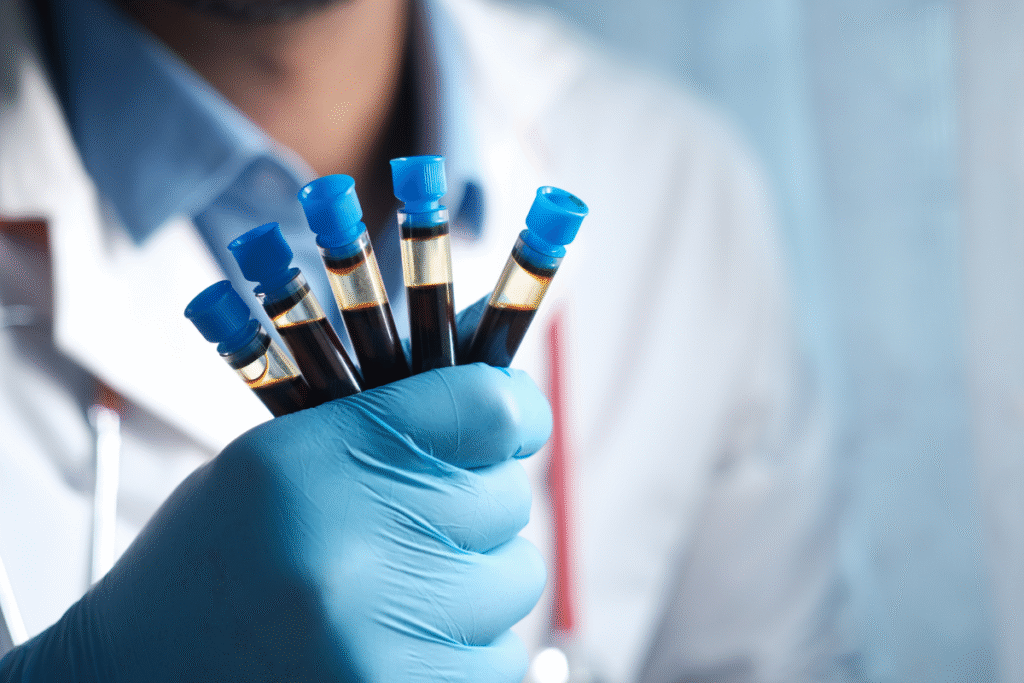Pre-Procedure Medications
Pre-Procedure Medication & Lifestyle Guidelines
To ensure a safe and successful FUE hair transplant, it’s important for patients to follow specific FUE Hair Transplant Pre-op Instructions related to medications, supplements, and daily habits. These guidelines are designed to minimize potential complications, such as excessive bleeding or delayed healing, and to prepare your body for the best surgical outcome.
1. Blood Thinners:
Blood Thinners Before Hair Transplant should be avoided. Stop taking aspirin, ibuprofen, and certain herbal supplements at least two weeks before your FUE procedure to reduce bleeding risks.

2. Vitamins and Supplements:
Advise patients to cease taking vitamin E and other supplements that may increase the risk of bleeding. It’s recommended to discontinue these supplements two weeks before the procedure.

3. Anti-Inflammatory Medications:
Nonsteroidal anti-inflammatory drugs (NSAIDs) can affect blood clotting. Patients should avoid medications like naproxen and diclofenac in the days leading up to the surgery.

4. Prescription Medications:
Your doctor will carefully review each patient’s prescription medications and make individualised recommendations. Some medications may need to be temporarily stopped or adjusted under the guidance of the prescribing physician.

Ready for Your Hair Transformation?
5. Herbal and Dietary Supplements:
Supplements to stop before hair transplant include garlic, fish oil, and ginkgo, as they may affect blood clotting.

6. Alcohol and Smoking:
Advise patients to abstain from alcohol and smoking for at least one week before the procedure.
Both can affect the healing process and increase the risk of complications.

7. Caffeine:
While there’s no need to completely avoid caffeine, patients should moderate their intake, as excessive caffeine consumption can contribute to increased anxiety.

8. Topical Products:
In the days leading up to the procedure, patients should avoid using any topical products on the scalp, including hair styling products, as they may interfere with the surgery.

